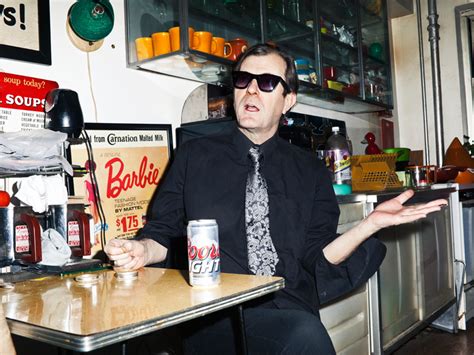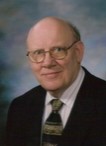A Quote by Nina Turner
Making it harder for the most vulnerable voters to participate in the political process inevitably leads to policies and policymakers that do not represent the interests of all people.
Related Quotes
We have a duty to our country to participate in the political process. See, if you believe in freedom, you have a duty to exercise your right to vote to begin with. I'm [here] to encourage people to do their duty, to go to the polls. I want all people, no matter what their political party is or whether they even like a political party, to exercise their obligation to vote.
We need policy change, and the most important thing people can do is to contribute and participate in the political process. We have to vote climate change deniers and people who will create subsidies for the fossil fuel industry out of office. We have to protest when bad decisions are being made about fracking or tar sands.
The knowledge of the individual citizen is of less value than the knowledge of science. The former is the opinion of individuals. It is merely subjective and is excluded from policies. The latter is objective - defined by science and promulgated by expert spokesmen. This objective knowledge is viewed as a commodity which can be refined... and fed into a process, now called decision-making. This new mythology of governance by the manipulation of knowledge-stock inevitably erodes reliance on government by people.
Hillary Clinton did try to reach out to the Sanders voters with policy concessions, but Sanders voters, especially his most activist core, are process people. They're not policy wonks. They're people who want big money out of politics. They're people who want fairness from the DNC chair. They're people who want every vote to count. They're the people who don't like Wall Street money. Right? They're primarily about the process of politics and whether or not it's fair and whether or not big-money elites are rigging things in your favor.
Climate change should not fundamentally be seen as a political or partisan issue, but it has been turned into a political football primarily by the climate deniers who have a vested interested in maintaining the status quo. That includes certain industrial interests, financial interests and political interests.
The truth is, our democracy is stronger when more people participate and when everyone's views are heard. More participation not only leads to a more representative government, but also more thoughtful policies that better leverage the strengths - and better address the challenges - of the American mosaic.
































